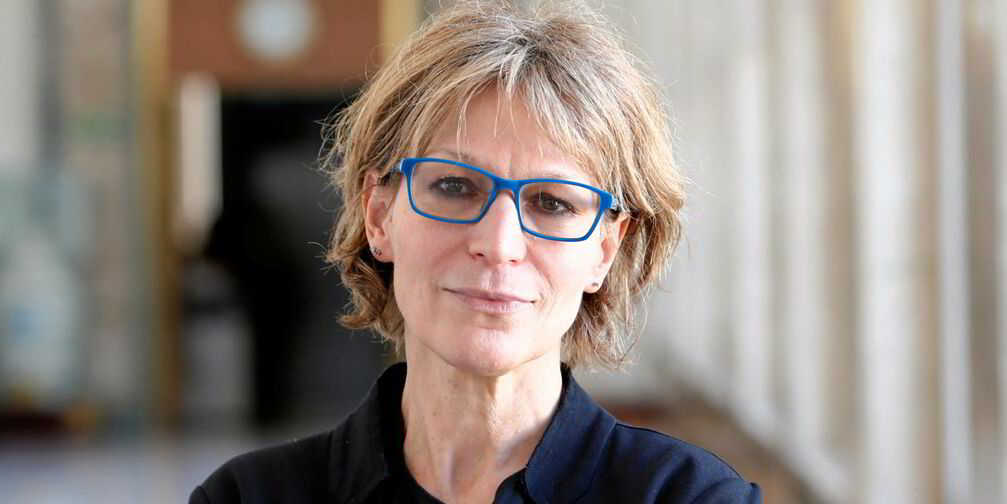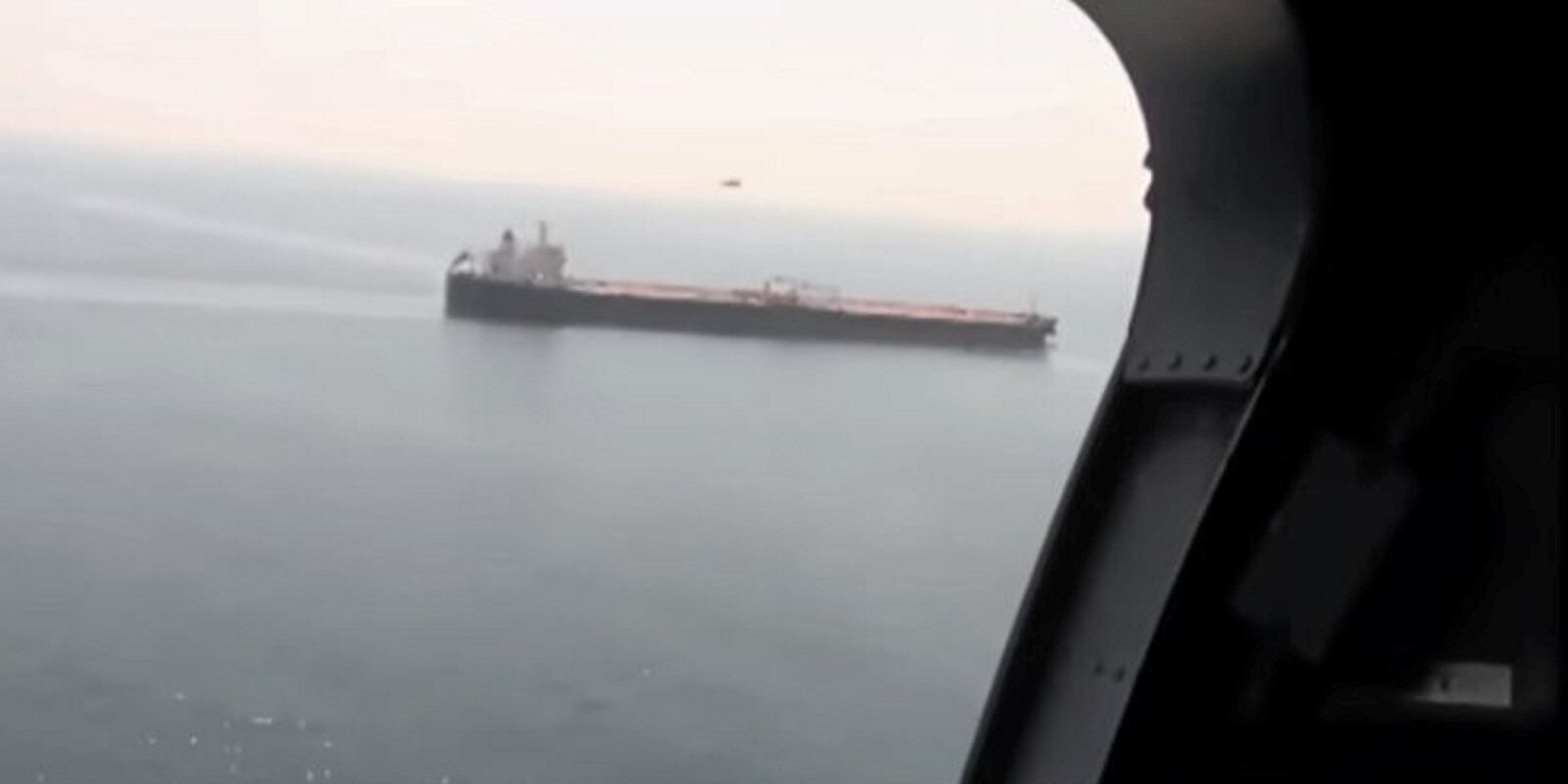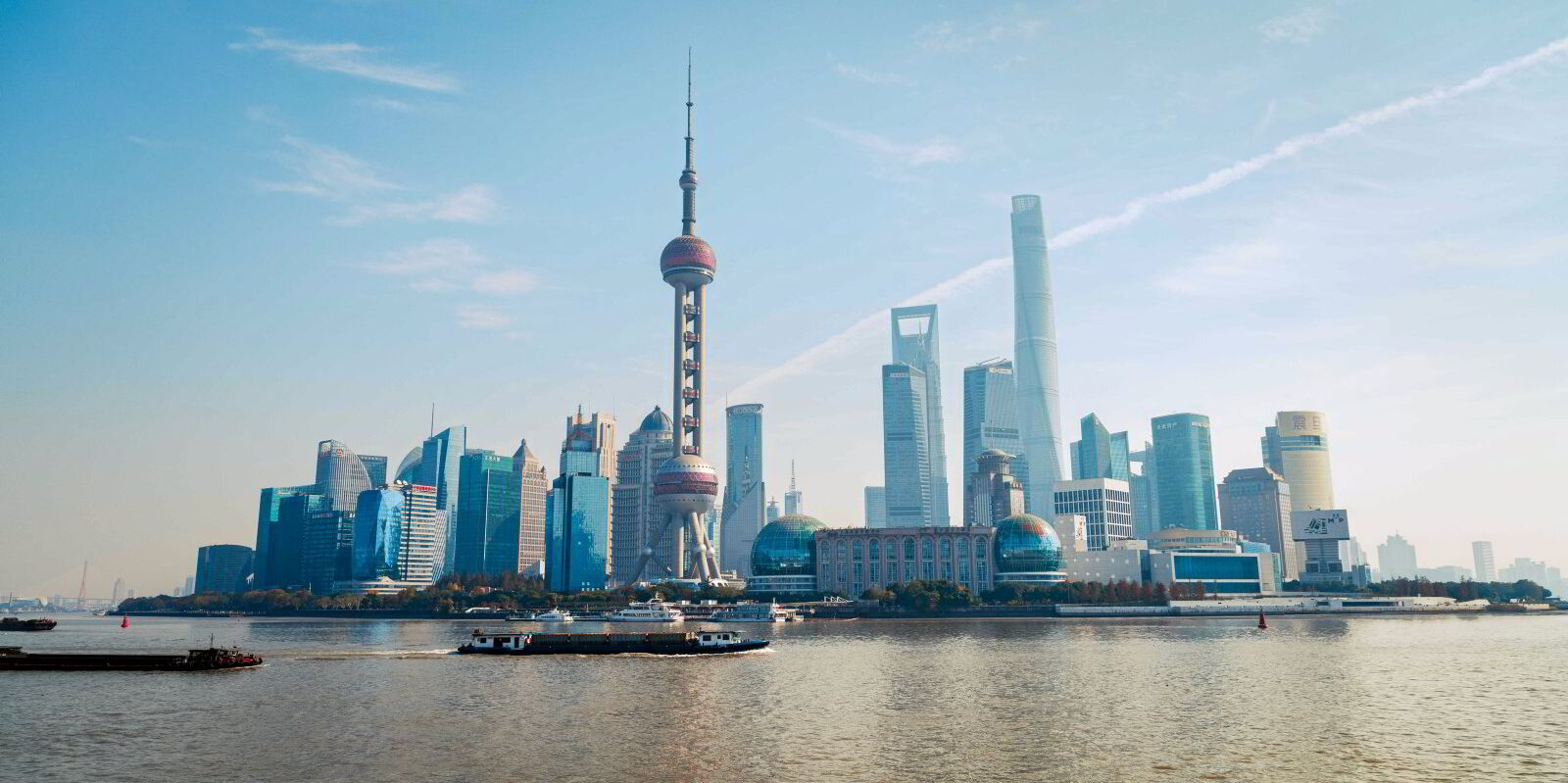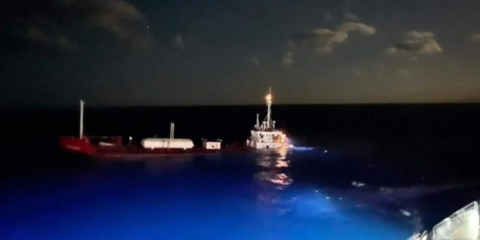Amnesty International has urged shipowners and traders to stop shipping oil to Myanmar.
The human rights group fears that jet fuel imports may have been used in attacks on civilians by the government.
Its analysis suggests that three likely shipments of aviation fuel have reached Myanmar this year, in defiance of Western sanctions on deliveries.
The latest AIS update showed that the vessel left Tanjung Pelepas in Malaysia on 20 May, signalling its destination as Khor Fakkan in the United Arab Emirates six days ago, when it was underway heading east off the Maldives in the Indian Ocean.
Amnesty secretary general Agnes Callamard said: “The Myanmar military’s control of the terminal … at Yangon port means there are significant risks that it could be used for non-civilian purposes.
“It is a raw display of both the sheer impunity with which the Myanmar military is operating, and the utter complicity of the states responsible, including Vietnam, China and Singapore.”
Callamard admitted that Amnesty does not know for certain how the aviation fuel was used.
But she said deadly attacks like the one on a monastery in Ah Kyi Pan Pa Lon village in central Myanmar means “shipping and fuel companies have no option but to withdraw from that supply chain completely”.
‘High time’
“That includes everyone involved, from vessel owners to insurers to fuel traders. It’s high time that companies put an end to these shipments,” she added.
Fuel has been bought and sold multiple times before reaching Vietnam for final shipment to Yangon, Amnesty claimed.
It said a January shipment could be traced to the Vopak Singapore Banyan Terminal, a storage facility controlled by Royal Vopak of the Netherlands.
It added that the company confirmed the shipment to Amnesty, but said its service was “the safe storage of our customers’ products while it is in our terminals in the ports”.
Vopak said it respected “applicable laws, regulations and sanctions”.
A February cargo is believed to have originated in China, while another is thought to have been loaded in the UAE in May.
The first two shipments were valued at $8m each.(Copyright)





